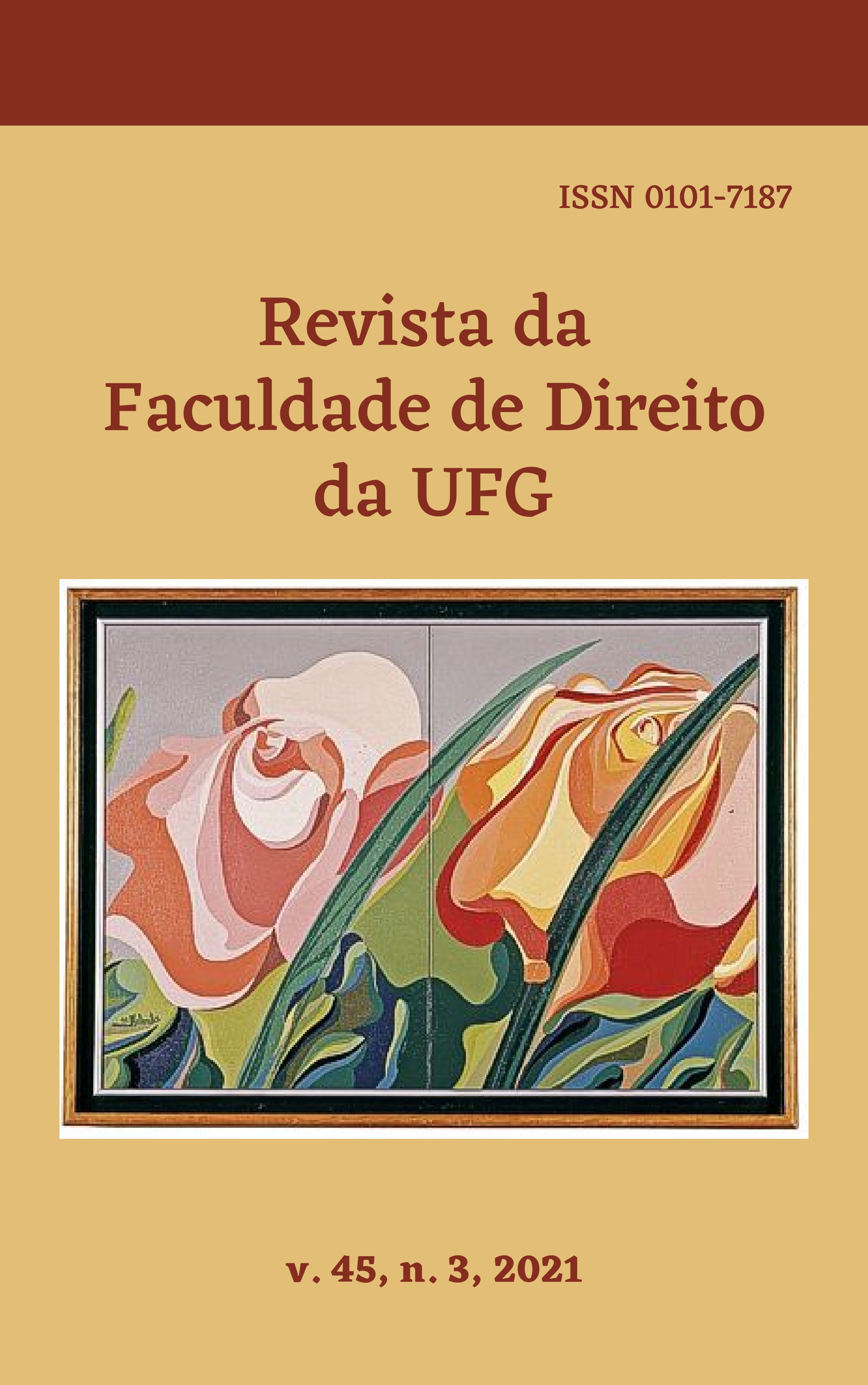Ubuntu: an alternative philosophy to the environmental crisis
DOI:
https://doi.org/10.5216/rfd.v45i3.68014Keywords:
Ubuntu; environmental crisis; Nature; Spirituality; modernity.Abstract
This article aims to propose the Ubuntu African doctrine as an alternative philosophy to the problems ecological and environmental of. Reflection makes use of the concept of Ubuntu that seeks to understand the community in a more comprehensive way to achieve balance and harmony with nature. From a qualitative nature approach was applied to literature for the achievement of the proposed study, which consists of corpus literature. In the case of a subject and theme with few approaches written also took into account the oral source of knowledge based on tradition lives of African people. The study and analyzes, it is concluded that, Ubuntu aims to ecological knowledge or wisdom, proposing to explore the variety of interrelations of living beings with nature. It is because of this understanding that we think Ubuntu is by definition Naturocêntrica and therefore can undoubtedly collaborate to deal with the ecological crisis and environmental problems of modernity.
Downloads
Downloads
Published
How to Cite
Issue
Section
License
Os Autores que publicam nesta revista concedem à Revista da Faculdade de Direito da UFG uma licença mundial, sem royalties, sujeita aos termos e condições da Licença Jurídica Creative Commons Atribuição 3.0 Brasil Creative Commons Attribution License
Os autores concedem à RFD UFG todos os direitos autorais sobre os artigos nela publicados, que os mantêm com exclusividade até o advento de domínio público sobre os mesmos.
























